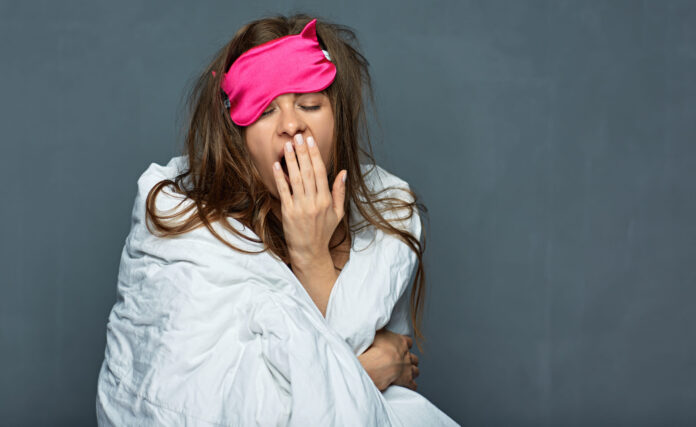Maintaining balanced levels of happy hormones—such as serotonin, dopamine, oxytocin, and endorphins—can be challenging when experiencing sleep deprivation, particularly during the summer months when various factors can disrupt sleep. Here are some strategies to help keep your happy hormones balanced:
1. Optimize Your Sleep Environment
- Cool Your Room: Aim for a bedroom temperature between 60-67°F (15-19°C) to promote better sleep.
- Darken Your Space: Use blackout curtains or a sleep mask to block out light.
- Reduce Noise: Use earplugs or a white noise machine to minimize disturbances.
2. Establish a Relaxing Bedtime Routine
- Wind Down: Engage in calming activities like reading, meditating, or taking a warm bath.
- Limit Screen Time: Avoid screens at least an hour before bed to reduce blue light exposure that can interfere with melatonin production.
- Consistent Schedule: Go to bed and wake up at the same time every day, even on weekends.
3. Stay Active
- Exercise Regularly: Aim for at least 30 minutes of moderate exercise most days, preferably in the morning or early afternoon to avoid late-night stimulation.
- Outdoor Activities: Sunlight exposure can boost serotonin levels, so incorporate outdoor activities like walking, cycling, or yoga.
4. Eat a Balanced Diet
- Nutrient-Rich Foods: Include foods rich in omega-3 fatty acids (like salmon and flaxseeds), vitamin D (like eggs and fortified milk), and magnesium (like leafy greens and nuts).
- Hydrate: Stay well-hydrated, but avoid large amounts of fluids before bed to minimize nighttime awakenings.
- Light Evening Meals: Avoid heavy or spicy meals close to bedtime to prevent discomfort.
5. Practice Stress Management
- Mindfulness and Meditation: Techniques such as deep breathing, meditation, or progressive muscle relaxation can reduce stress and promote better sleep.
- Social Connections: Spend time with loved ones to boost oxytocin and enhance overall mood.
- Creative Outlets: Engage in hobbies or creative activities to stimulate dopamine production.
6. Limit Stimulants and Alcohol
- Caffeine: Avoid caffeine in the afternoon and evening.
- Nicotine: Refrain from smoking or using nicotine products, especially near bedtime.
- Alcohol: Limit alcohol consumption as it can interfere with sleep quality.
7. Supplements and Natural Aids
- Melatonin: Consider melatonin supplements if you have trouble falling asleep, but consult a healthcare provider first.
- Herbal Teas: Drink calming herbal teas like chamomile or lavender before bed.
8. Manage Light Exposure
- Morning Sunlight: Get exposure to natural light in the morning to help regulate your circadian rhythm.
- Blue Light Blockers: Use blue light blocking glasses if you must use screens in the evening.
9. Mind Your Mental Health
- Therapy and Counseling: If stress or anxiety is affecting your sleep, consider speaking with a therapist or counselor.
- Gratitude Journaling: Keeping a gratitude journal can shift focus to positive thoughts, enhancing mood before bed.
By incorporating these strategies, you can help maintain balanced levels of happy hormones even when sleep is less than optimal, ensuring you feel your best during the summer months.



